Category: Books
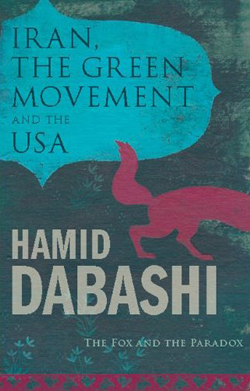
Description Iran, the Green Movement and the US presents the dilemma that the West faces in dealing with the Islamic Republic of Iran and their nuclear armament, and how the unfolding civil rights movement in Iran (the Green Movement) will be affected by this interaction. Expert Iranian author Hamid Dabashi...
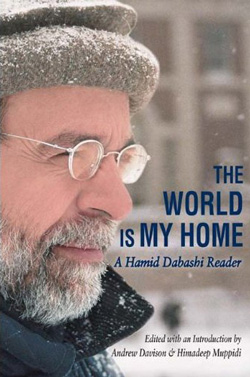
As recent events indicate, Iranian, Middle Eastern, and Islamic politics more broadly have been deeply influential in world affairs. Hamid Dabashi has been a highly visible and prominent commentator on these affairs, explaining, interpreting, and providing a critical perspective. This volume gathers together his most influential and insightful writings. As...
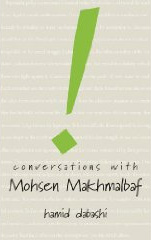
"Born in Tehran in 1957, filmmaker Mohsen Ostad Ali Makhmalbaf grew up in the religious and politically charged atmosphere of the 1960s, and the June 1963 uprising of Ayatollah Khomeini constitutes one of his earliest memories. In 1972, Makhmalbaf formed his own urban guerrilla group and two years later attacked...
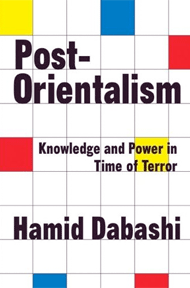
The Cover of Edward Said's Orientalism Post-Orientalism: Knowledge and Power in Time of Terror is a sustained record of Hamid Dabashi's reflections over many years on the question of authority and the power to represent. Who gets to represent whom and by what authority? When initiated in the most powerful...
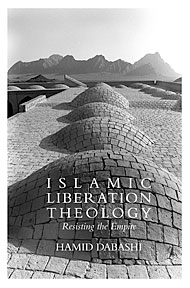
Malcolm X (1925-1965) More than a decade and a half after the publication of what his colleagues consider his "magisterial achievement" in Theology of Discontent: The Ideological Foundation of the Islamic Revolution in Iran (1993), Hamid Dabashi has now published its sequel, Islamic Liberation Theology: Resisting the Empire (Routledge, 2008)....

Makhmalbaf, "Silence" (1998) The name of no other filmmaker is more synonymous with the dramatic rise of Iranian cinema in the aftermath of the Islamic Revolution than Mohsen Makhmalbaf. While an array of globally renowned pre-revolutionary filmmakers like Abbas Kiarostami, or an equally distinguished younger generation of directors like Jafar...
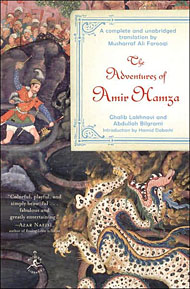
There is a report, and only God Almighty knows the truth of these sorts of things, that the biography of Alexander the Great that Oliver Stone used as the main source for his epic story of the Macedonian world conqueror, "Alexander" (2004), was the work of the distinguished Oxford University...
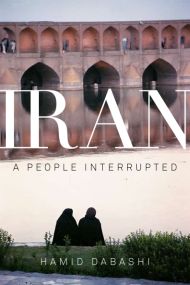
Nationalist Poet, Aref Qazvini (1882-1934) Purchase from New Press Purchase from Barnes & Noble "I write this book to persuade people to discard the clichéd categorization of Iran as a country caught between a belligerent tradition and an alien modernity and to adopt a more historically nuanced, culturally multifaceted,...
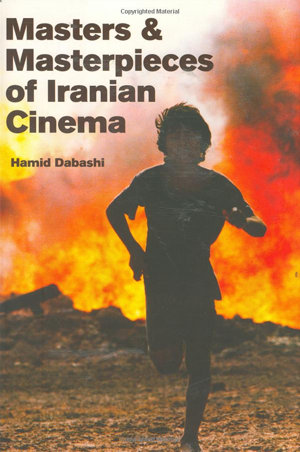
Bahram Beiza'i's "Bashu: The Little Stranger" (1989) "There is an uncanny resemblance between Kiarostami's documentary and Hamid Dabashi's dazzling new book, Masters and Masterpieces of Iranian Cinema. Dabashi's book is a masterclass on Iranian cinema, guiding the reader on an equally labyrinthine journey which takes us behind the scenes of...
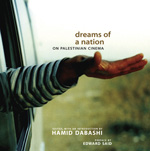
Over the last quarter-century, Palestinian cinema has emerged as a major artistic force on the global scene. Deeply rooted in the historic struggles for national self- determination, this cinema is the single most important artistic expression of a much-maligned people. Despite the extraordinary social and artistic significance of Palestinian film,...
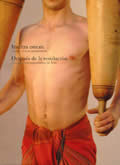
Introducing an exhibition on contemporary Iranian art at Haus der Kulturen der Welt, "Neue Positionen iranishscher Künstler/Contemporary Positions of Iranian artists," (2004) in Berlin, the director of the House, Hans-Georg Knopp, began by admitting that the world he still insisted on calling "the Middle East," and as characterized by what...
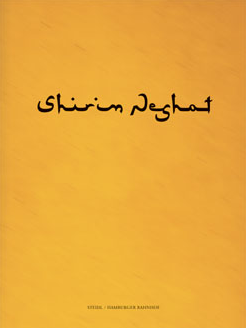
A work by Shirin Neshat The continued (and much deserved) celebration of Shirin Neshat’s art in Europe coincides with an increased public and official hostility towards the iconic symbols of Muslim piety—a historically valanced cultural practice entirely autonomous of what Europeans call “Islamic fundamentalism,” though certainly susceptible to all sorts...
Copyright ©2009-2025 Hamid Dabashi. All rights reserved.


 Columbia University
Columbia University Aljazeera
Aljazeera Middle East Eye
Middle East Eye Springer Palgrave
Springer Palgrave